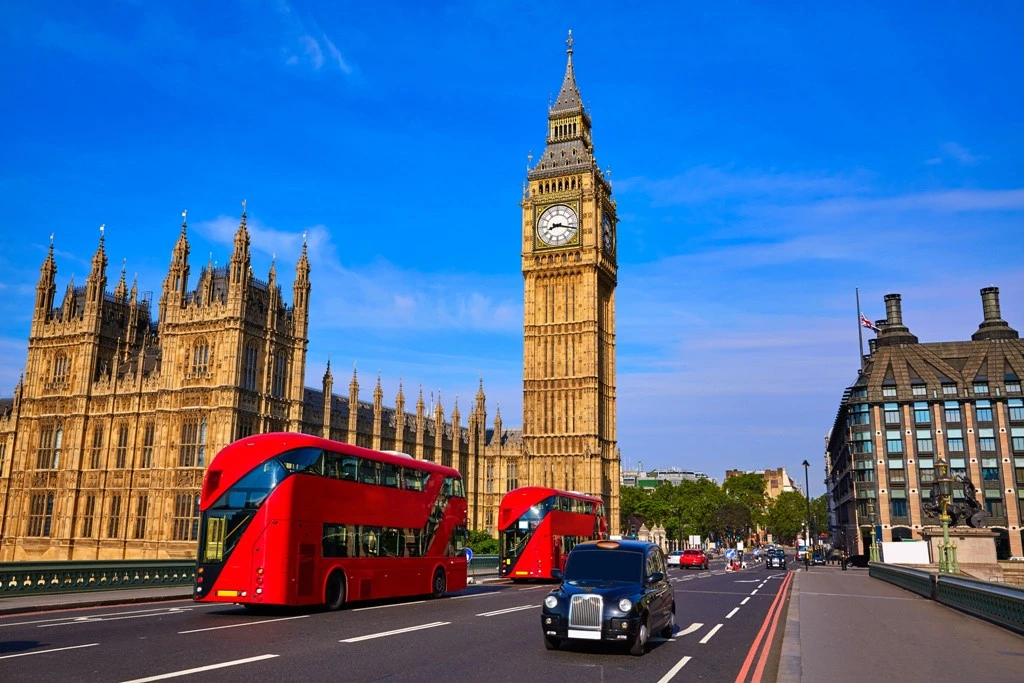-
By antonio-ingles
- In Uncategorized

The United Kingdom is a great choice for entrepreneurs and businesses from all over the world.
With a strong economy, a transparent legal system, and a business-friendly environment, this country offers multiple advantages for those looking to start a business venture.
However, there are also challenges that should be considered before deciding to establish a business in the United Kingdom.
Ease of Registering a Business in the United Kingdom
One of the major advantages of starting a business in the United Kingdom is the simplicity and speed of the business registration process.
Compared to other European countries, the United Kingdom has an efficient system that allows businesses to be registered within 24 to 48 hours through Companies House.
Depending on the type of business, entrepreneurs can choose from different legal structures, such as:
- Sole Trader: Ideal for small businesses and freelancers.
- Limited Company (LTD): A popular option that protects the business owner’s personal assets.
- Partnerships: Suitable for businesses with two or more partners.
Competitive Tax System
The United Kingdom offers an attractive tax system for businesses, with relatively low taxes compared to other European countries. Some key taxes include:
- Corporation Tax: Currently at 19%, although the government has proposed adjustments in recent years.
- VAT (Value Added Tax): Applies to businesses with annual revenues exceeding £90,000.
- PAYE (Pay As You Earn): A tax on employee salaries, managed by the company.
Additionally, there are tax incentives for startups and tech companies, such as the Enterprise Investment Scheme (EIS), which offers tax benefits to investors in new businesses, making it easier to attract capital.
Access to Funding and Business Support
The United Kingdom has a strong support ecosystem for entrepreneurs, with multiple sources of funding and advisory services. Some of the most notable options include:
- Start Up Loans: Government-backed loans of up to £25,000 with competitive interest rates.
- British Business Bank: Provides financing schemes and guarantees for small businesses.
- Venture capital funds and angel investors: Particularly in sectors like technology, fintech, and biotechnology.
- Grants and acceleration programs: Institutions like Innovate UK support innovative startups with funding and mentorship.
This wide range of options makes the United Kingdom an ideal environment for startups and businesses with high growth and development potential.

Strong and Diverse Market
The United Kingdom is one of the world’s largest economies and has a diverse market with high demand in sectors such as technology, financial services, healthcare, and e-commerce.
Additionally, its geographical location provides easy access to international markets, facilitating expansion into Europe, America, and Asia.
Although Brexit has changed trade regulations with the European Union, the United Kingdom remains a global business hub, both within and beyond the continent.
Infrastructure and Skilled Talent
The country has world-class infrastructure in terms of transportation, telecommunications, and financial services. Cities like London, Manchester, and Edinburgh are key hubs for innovation and business.
Moreover, the United Kingdom has a highly skilled workforce, with access to international talent thanks to its prestigious universities and visa programs for entrepreneurs and specialized workers.
Challenges to Consider in the United Kingdom
Despite its many advantages, starting a business in the United Kingdom also presents some challenges:
Operational Costs
While the registration process is affordable, operating a business can be costly, especially in cities like London. Office rent, labour costs, and taxes can be challenging for small businesses and startups.
Impact of Brexit on the United Kingdom
Since the United Kingdom‘s exit from the European Union, businesses have had to adapt to new trade, customs, and immigration regulations.
This has created uncertainty in some sectors, particularly those reliant on trade with Europe.
Regulations and Compliance
Depending on the industry, some businesses may face strict regulations. For example, financial businesses must comply with Financial Conduct Authority (FCA) regulations, while food-related businesses require specific licenses.